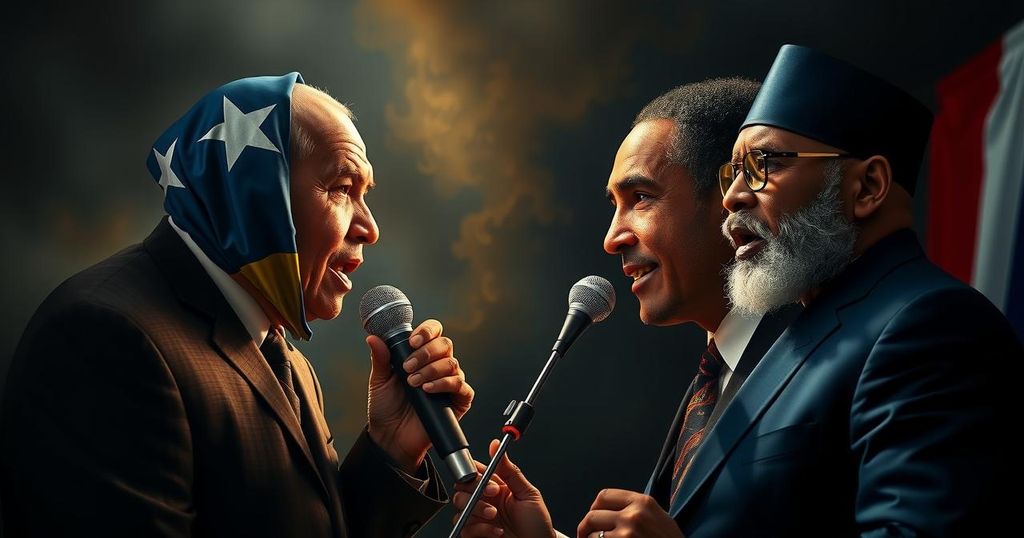Constitutional Reforms in Congo and Nicaragua Raise Democratic Fears

Presidents Félix Tshisekedi of Congo and Daniel Ortega of Nicaragua are advocating for constitutional changes that critics fear will erode democratic principles. Tshisekedi aims to revise the constitution, potentially allowing him to extend his presidency, while Ortega proposes reforms to consolidate power within his family and government. The developments highlight a worrying trend toward authoritarianism in both nations, raising questions about the future of democracy in the regions.
In the Democratic Republic of Congo and Nicaragua, political leaders are pursuing constitutional reforms that critics warn may undermine democracy. In Congo, President Félix Tshisekedi has initiated a national commission to revise the constitution, labeling the current document as “outdated.” The opposition fears this move aims to eliminate the two-term limit on the presidency, potentially allowing Tshisekedi to extend his tenure. Meanwhile, in Nicaragua, President Daniel Ortega’s proposed reforms would lengthen presidential terms and alter the vice presidency to a co-presidency held by his wife, igniting concerns of increasing authoritarianism.
Despite the differing backgrounds of these nations, the parallel developments point to a concerning trend in which leaders disguise power grabs under the pretense of modernization and stability. As both nations approach crucial moments, the international community appears hesitant, with only limited responses reported thus far. The situation remains volatile, with implications for the regions’ political landscapes and their democratic foundations.
The political landscapes in the Democratic Republic of Congo and Nicaragua are witnessing significant challenges as leaders seek to modify their constitutions. These efforts, framed as necessary reforms, come amid a backdrop of political instability and fears of authoritarianism. In Congo, President Tshisekedi’s quest for constitutional change follows a tumultuous election cycle, while in Nicaragua, President Ortega’s proposed adjustments align with a history of suppressing opposition forces since 2018. These developments raise critical questions regarding the preservation of democracy in both countries.
The constitutional reforms proposed by President Tshisekedi in Congo and President Ortega in Nicaragua have sparked widespread concern among opposition figures and international observers. The potential erosion of democratic norms and the establishment of extended presidential powers are viewed as alarming trends that could destabilize both nations further. As the situation evolves, the response from the global community will be crucial in addressing these challenges and upholding the principles of democratic governance.
Original Source: www.firstpost.com







